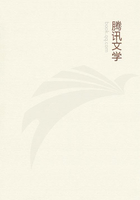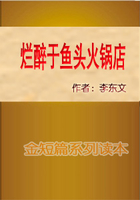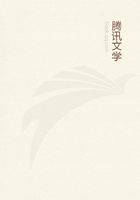Nevertheless, in the practical problem of pure reason, i.e., the necessary pursuit of the summum bonum, such a connection is postulated as necessary: we ought to endeavour to promote the summum bonum, which, therefore, must be possible.Accordingly, the existence of a cause of all nature, distinct from nature itself and containing the principle of this connection, namely, of the exact harmony of happiness with morality, is also postulated.Now this supreme cause must contain the principle of the harmony of nature, not merely with a law of the will of rational beings, but with the conception of this law, in so far as they make it the supreme determining principle of the will, and consequently not merely with the form of morals, but with their morality as their motive, that is, with their moral character.Therefore, the summum bonum is possible in the world only on the supposition of a Supreme Being having a causality corresponding to moral character.Now a being that is capable of acting on the conception of laws is an intelligence (a rational being), and the causality of such a being according to this conception of laws is his will; therefore the supreme cause of nature, which must be presupposed as a condition of the summum bonum is a being which is the cause of nature by intelligence and will, consequently its author, that is God.It follows that the postulate of the possibility of the highest derived good (the best world) is likewise the postulate of the reality of a highest original good, that is to say, of the existence of God.Now it was seen to be a duty for us to promote the summum bonum; consequently it is not merely allowable, but it is a necessity connected with duty as a requisite, that we should presuppose the possibility of this summum bonum; and as this is possible only on condition of the existence of God, it inseparably connects the supposition of this with duty; that is, it is morally necessary to assume the existence of God.
It must be remarked here that this moral necessity is subjective, that is, it is a want, and not objective, that is, itself a duty, for there cannot be a duty to suppose the existence of anything (since this concerns only the theoretical employment of reason).Moreover, it is not meant by this that it is necessary to suppose the existence of God as a basis of all obligation in general (for this rests, as has been sufficiently proved, simply on the autonomy of reason itself).
What belongs to duty here is only the endeavour to realize and promote the summum bonum in the world, the possibility of which can therefore be postulated; and as our reason finds it not conceivable except on the supposition of a supreme intelligence, the admission of this existence is therefore connected with the consciousness of our duty, although the admission itself belongs to the domain of speculative reason.Considered in respect of this alone, as a principle of explanation, it may be called a hypothesis, but in reference to the intelligibility of an object given us by the moral law (the summum bonum), and consequently of a requirement for practical purposes, it may be called faith, that is to say a pure rational faith, since pure reason (both in its theoretical and practical use) is the sole source from which it springs.
From this deduction it is now intelligible why the Greek schools could never attain the solution of their problem of the practical possibility of the summum bonum, because they made the rule of the use which the will of man makes of his freedom the sole and sufficient ground of this possibility, thinking that they had no need for that purpose of the existence of God.No doubt they were so far right that they established the principle of morals of itself independently of this postulate, from the relation of reason only to the will, and consequently made it the supreme practical condition of the summum bonum; but it was not therefore the whole condition of its possibility.The Epicureans had indeed assumed as the supreme principle of morality a wholly false one, namely that of happiness, and had substituted for a law a maxim of arbitrary choice according to every man's inclination; they proceeded, however, consistently enough in this, that they degraded their summum bonum likewise, just in proportion to the meanness of their fundamental principle, and looked for no greater happiness than can be attained by human prudence (including temperance and moderation of the inclinations), and this as we know would be scanty enough and would be very different according to circumstances; not to mention the exceptions that their maxims must perpetually admit and which make them incapable of being laws.The Stoics, on the contrary, had chosen their supreme practical principle quite rightly, making virtue the condition of the summum bonum; but when they represented the degree of virtue required by its pure law as fully attainable in this life, they not only strained the moral powers of the man whom they called the wise beyond all the limits of his nature, and assumed a thing that contradicts all our knowledge of men, but also and principally they would not allow the second element of the summum bonum, namely, happiness, to be properly a special object of human desire, but made their wise man, like a divinity in his consciousness of the excellence of his person, wholly independent of nature (as regards his own contentment); they exposed him indeed to the evils of life, but made him not subject to them (at the same time representing him also as free from moral evil).They thus, in fact, left out the second element of the summum bonum namely, personal happiness, placing it solely in action and satisfaction with one's own personal worth, thus including it in the consciousness of being morally minded, in which they Might have been sufficiently refuted by the voice of their own nature.

